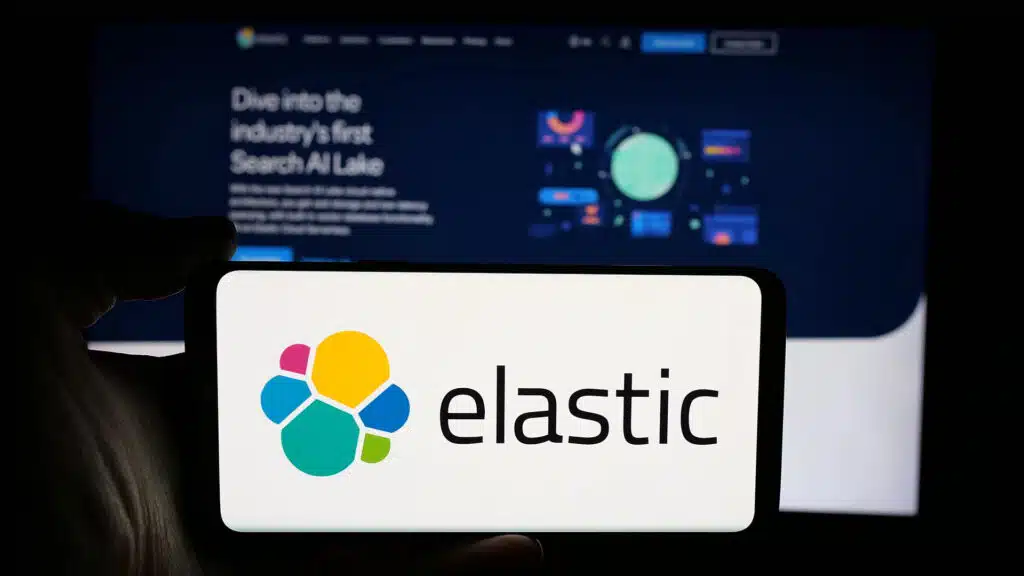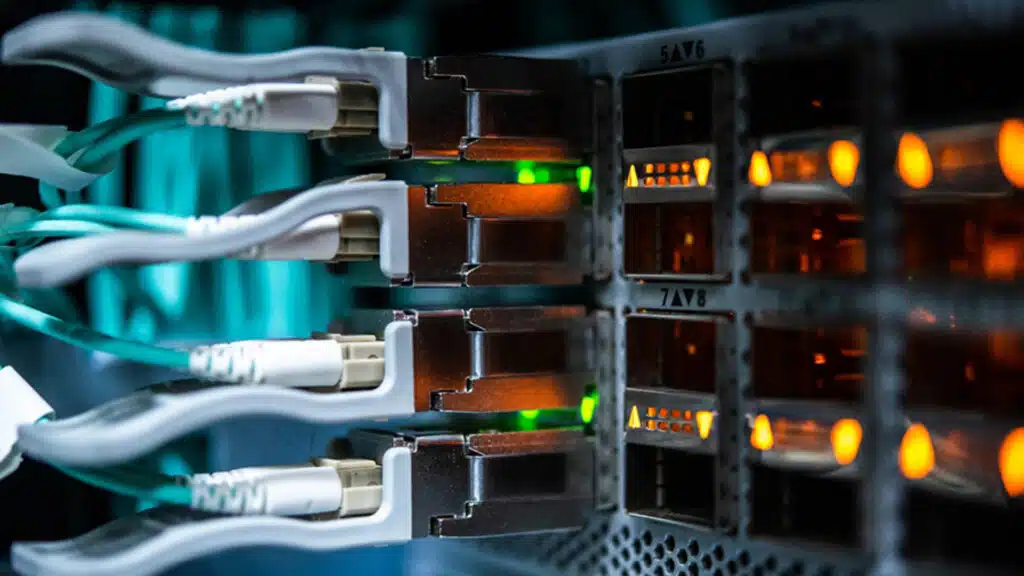The Six Five team discusses AMD Zen 5 Tech Day.
If you are interested in watching the full episode you can check it out here.
Disclaimer: The Six Five Webcast is for information and entertainment purposes only. Over the course of this webcast, we may talk about companies that are publicly traded and we may even reference that fact and their equity share price, but please do not take anything that we say as a recommendation about what you should do with your investment dollars. We are not investment advisors and we ask that you do not treat us as such.
Transcript:
Patrick Moorhead: AMD had its Zen 5 Tech Day and they made some announcements that to me were expected. They were a drill down. So Computex AMD rolled out Zen 5. They talked about some parts like the Ryzen 9000 series and the Ryzen AI 300 series that would leverage it, and I just want to go in that. So if you recall, my biggest question was, okay, 16% IPC improvement and that’s instructions per clock. So put frequency aside, for example, what architectural changes do you make to something to increase its single core instructions per second? And as you’d expect, they made some enhancements to the front end. They made some improvements to the execution units itself, which the purists would say, “This is the only way you can get to an IPC improvement.” That’s like increasing instructions per cycle up going from six to eight as an example. There were some back-end enhancements, and this is all about IO increasing the data bandwidth, stuff like that, even improving your AVX implementation, and this time with 512 helps on vector performance and some other things, which it’s interesting.
I can debate whether it’s IPC or not, but optimizations made with four nanometer and even three nanometer processes also can play a role, particularly if you can improve. Now, that’ll improve performance. I’ll debate on whether that’s an IPC improvement, but it is a positive sign. So I’m going to dive into this Ryzen AI 300 series. Again, this is the chip that the HP OmniBook Ultra is going to be using. What’s interesting is AMD says it has 50 tops, and that’s the XDNA II architecture, but HP said it has 55 tops. I didn’t have time to figure out what the differences were, but it’s something I’m going to do. One big announcement they made that was unrelated to the parts itself was the appointment of a new leader, which is Rahul Tikoo. Now, I knew Rahul when I worked at AMD with him and then he had a leadership role at Dell with PCs, but he is now the new senior vice president and general manager of the client business unit. Ironically, I had lunch with him yesterday here in Austin, and I think he’s going to be an amazing addition to the leadership team at AMD. AMD was running so lean on the amount of people. By the way, running lean is good, but sometimes running so lean that you’re not getting stuff done and have the inability to get stuff done, that’s the flip side of it. So again, mostly pricing reactions. There’s always negative like, “Oh, the price is too high with the Ryzen 9000,” or cash latency. I love it when non-architects get into architecture discussions, those who have never actually been an architect. So anyways, those are my thoughts. Dan, what do you got?
Daniel Newman: I didn’t have a chance to attend this one, so I don’t have a ton to add, Pat. I think you hit a lot of the high notes. I mean, look, AMD is already working on Zen 7, so this stuff moves very, very quickly. I do agree with your point on new appointments, new leadership. Right now, it’s really contentious, and our lab, our Signal65 lab at our second beautiful child that we’ve had together has been busier than ever this year doing the assessments because we’re dealing right now with everything as it comes to these performance and efficiency claims and these constant new launches and releases. It’s what keeps the industry vibing and moving. So I don’t have much else to add to what you said, but I do think the innovation pace continues to speed and the ability for these companies to meet the performance and efficiency expectations is going to be critical. It looks like AMD is continuing to do what it does here, and I’m eager to see how this stuff lands in the market.
Author Information
Daniel is the CEO of The Futurum Group. Living his life at the intersection of people and technology, Daniel works with the world’s largest technology brands exploring Digital Transformation and how it is influencing the enterprise.
From the leading edge of AI to global technology policy, Daniel makes the connections between business, people and tech that are required for companies to benefit most from their technology investments. Daniel is a top 5 globally ranked industry analyst and his ideas are regularly cited or shared in television appearances by CNBC, Bloomberg, Wall Street Journal and hundreds of other sites around the world.
A 7x Best-Selling Author including his most recent book “Human/Machine.” Daniel is also a Forbes and MarketWatch (Dow Jones) contributor.
An MBA and Former Graduate Adjunct Faculty, Daniel is an Austin Texas transplant after 40 years in Chicago. His speaking takes him around the world each year as he shares his vision of the role technology will play in our future.







